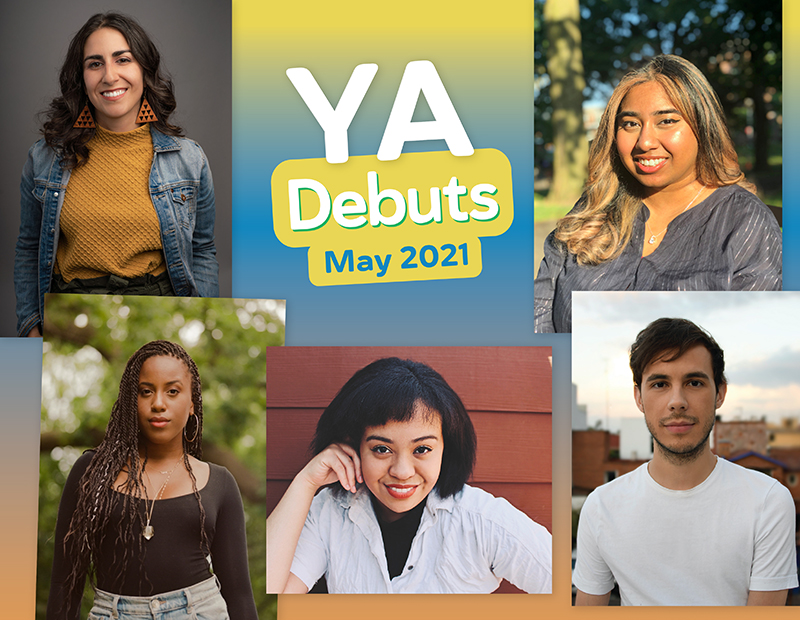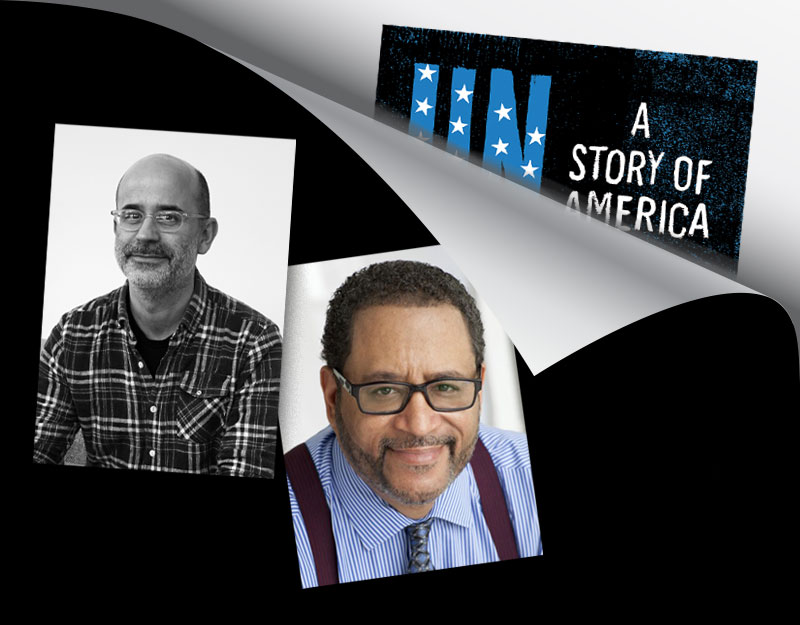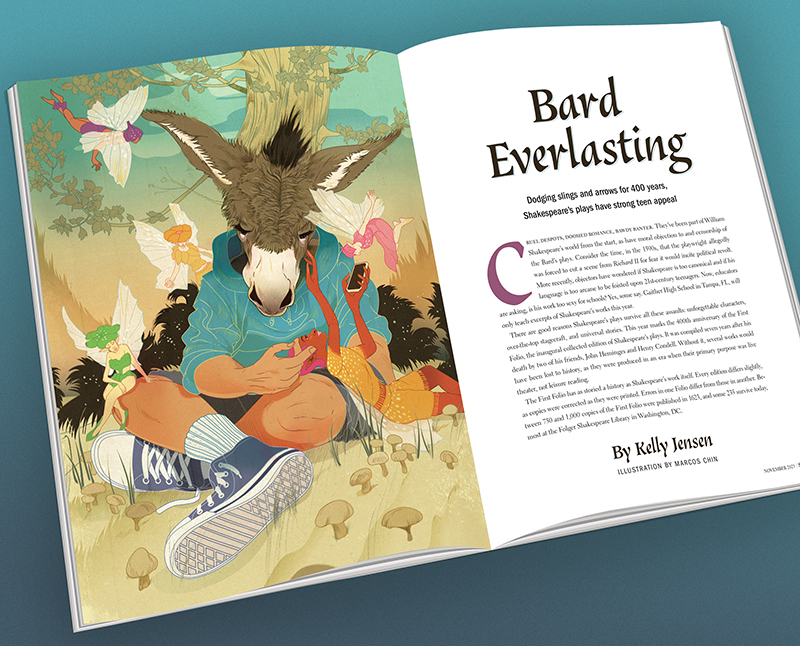Why you need to be following the news about Sam Pepper, a discussion of the YouTube community and teen culture
Teen culture and celebrity is dominated these days by a force that many adults don’t pay enough attention to: YouTube. YouTube isn’t just a place where Tweens and Teens go to watch the latest music video, it is producing legitimate stars who make a serious amount of cash. YouTube culture is so big that the press has recently began running articles about how it is changing the way that tweens and teens become celebrities and many awards shows are including social media and YouTube awards in their categories. There are entire conferences devoted to YouTube, including VidCon which was created in part by John Green and his brother Hank.
It is also important to note that to date 18 YouTube celebrities have been accused of sexual impropriety, often against their teen fans that they meed at these very conferences. See also, The DFTBA Sexual Abuse Scandal.
ADVERTISEMENT
ADVERTISEMENT
Which brings us to Sam Pepper.
Sam Pepper is a UK YouTuber who is known for pulling of a variety of pranks. As pranks often do, they often cross a line that puts others into uncomfortable and sometimes into unsafe positions. Some of Sam Pepper’s previous pranks have included handcuffing girls to him against their will and demanding a kiss in order to be let loose. In another incident he used a rope to lasso girls and pull them into an embrace with him.
Earlier this week on Twitter the hashtag #ReportSamPepper went viral as Sam had posted a video called the Fake Hand Ass Pinch. Basically, he approached girls and as he engaged them in conversation he used his hidden hand to pinch their bum. As many observers correctly pointed out, this is in fact sexual harassment and it is something that many organizations are working tirelessly to end. See Stop Street Harassment for example.
But as the rallying cry went out against Sam Pepper, he produced another video with the notation that it was 2 of 3, although it is interesting to note that the original video included no such notation indicating that it was part of a series. In this video, women did the same thing to men.
And in a final video, labeled 3 of 3, he said that the entire video sequence was a social experiment designed to show that the public doesn’t react to sexual harassment against men in the same way that it does when the harassment is against women. He has claimed that all participants were actors who gave prior consent, though he has produced no proof indicating that this is true. If true, it certainly highlights the need for us to be having conversations with young people about the ethics and legal issues involved in doing experiments of any kind, especially when they involve human being. As part of my graduate program I actually ended up restructuring my final thesis project because of the amount of protocol in place designed to protect human subjects in experiments. So if this was indeed a social experiment then there are some very real discussions we need to be having regarding the ethics and legalities of social experimentation involving human subjects. But I digress.
However, through the course of all of this a teen named Dottie posted a YouTube clip where she states that she was a victim of Sam Pepper’s harassment. Others have come forward claiming a variety of improprieties against Sam Pepper as well, many of them his teenage fans. And this is not the first time this has happened in the YouTube community. In fact, earlier this year there were calls for the YouTube community to develop a Code of Conduct to help protect fans at VidCon from what seemed like a culture of rampant sexual harassment. This is something we should all be paying attention to.
These calls for a Code of Conduct ironically came at the same time that the American Library Association was announcing its own desire for a Code of Conduct and it is interesting to note that there was some major backlash against this proposition, with many people asserting that a Code of Conduct would limit free speech. That’s what a lot of this is about, the tension between the safety of individuals and the rights to and limits of free speech. And yes, legally there are very real limits on free speech.
In some ways, these situations parallel each other. As we speak, two librarians are being sued by Joe Murphy who claims he was slandered when they publicly named him as someone who engaged in conference sexual harassment. And the tension between free speech and libel/slander suits is playing out right before us and in our own midst, ironically right in the middle of Banned Books Week. It’s an interesting case that puts a lot of issues in direct tension with one another and highlights a lot of important issues, some of which have very real legal connotations.
I have been thinking a lot about these two situations because it brings to mind the idea of silence, and the dangers that come with it. For most of human history, sexual abuse victims kept silent. In 2011, CBS came out and said that victims of sexual harassment should in fact remain silent as speaking out would damage their careers. When I was a victim of sexual harassment at my workplace, I did in fact remain silent; the only reason it became an open issue was because another co-worker – a man – witnessed the event and spoke to my library director about it. Without witnesses, it is often a matter of one person’s word against the other, which is difficult to prove in a court of law. And because of cultural dynamics, we almost always believe the person being accused as opposed to the accuser. And this dynamic is important because it is part of what perpetuates the culture of victims remaining silent: they know that if they come forward they will be put on trial, they will be disbelieved, they will be blamed, they will be harassed. And yet current statistics indicate that false reports account for less than 2 to 8% of all sexual abuse claims. When a person comes forward, the statistics would indicate that they are in fact stating the truth, which makes sense when you consider what a person will be put through if they choose to come forward. Many people will cry “but what about false reports” to try and shut down discussions about sexual violence, but speaking out about sexual abuse and violence is a brave act because of what it means for the victims.
Coming out and naming names in anything other than a police report is an interesting dynamic fraught with legal issues. It’s one thing to try someone in the court of law, but quite another to try them in the court of public opinion and the media. I can see how many victims might feel that they have no choice, especially if their goal is to change a culture and protect others from being abused from someone that they perceive to be a very real threat to a community. Because the law can be used to silence victims, they must find others ways to speak out in order to protect others. But I myself found out recently how someone can use a lawsuit, or the threat of a lawsuit, to limit free speech in an interesting way. In 2013 we received a notice from the IRS that our taxes from 2 years earlier had a big error and we now owed almost $3,000 in back taxes which would begin accruing interest immediately and at a large rate. We contacted the person who prepared our taxes who admitted in a letter that yes, he had made an error. So I wrote a letter expressing my displeasure with his services and stated in the letter that I would tell all my friends not to use him for their tax services because I felt he was not good at his job and I would counsel them to go elsewhere based on my experience. He wrote a return letter threatening to sue me for slander and libel if I did. I felt pretty sure that it was well within my rights to talk about my very truthful and negative experience, but his threat of a lawsuit made me fearful enough that although I have talked about my negative experience and the financial hardship that it caused my family, I have never mentioned the name of the tax preparation place in order to protect myself.
This silencing by intimidation has been a very repressive situation, making me feel un-empowered and like a victim once again. I can’t imagine how horrible it must be for the victims of sexual violence and harassment, how they must feel when they want to come out and share their stories and yet they know what will happen to them if they do. I’m not at all suggesting that my experience is in any way comparable to what the victims of sexual abuse go through, I’m just using it as an example of how those in positions of power can use the legal system to silence others and to once again take all the power in a situation. It’s something I have been thinking about a lot this week as these real life events play out on the very week that librarians challenge us all to think about free speech and what that means.
ADVERTISEMENT
ADVERTISEMENT
The truth is, I would never recommend naming someone in public without the advice of legal counsel. You always want to protect yourself legally, as current events remind us. I think it is also important to go through the proper channels to protect all parties involved legal rights. But I also want us all to remember what it means when a victim does come forward, the obstacles they have to overcome, the situation they are choosing to put themselves into, and why there is in fact such a seemingly low rate of false accusations. And the reason this is important for us to remember is because if someone does reveal their abuse to us, we should believe them. That is what they need more than anything, for someone to believe them and just sit with them in the midst of their pain.
And the other reason I want to share all of this is because anyone who works with or cares about teens should be paying attention to what is happening in the YouTube community. This is their community, we need to be paying attention. This is a new community trying to find its footing and we should be paying attention and making sure our tweens and teens are safe. These young people are being given the freedom to create and disseminate their message on a very wide scale, we should be paying attention to what those messages are and the culture they are creating in the same way that we talk about the media, movies, tv, and music. And no I’m not suggesting that we censor YouTube creators, but I do think we need to make sure that they uphold the law and that when they create, they aren’t creating in a vacuum but that we are having very real conversations with each other about how this new community can contribute to or help fight against the negative aspects of our culture.
Edited to add this video by YouTuber Laci Green discussing the situation as someone from inside the YouTube community. If you are not aware of Laci Green, her YouTube channel is dedicated to discussing sex education and feminist issues. I appreciate her call to hold YouTube members accountable for their actions which violate others.
[youtube http://www.youtube.com/watch?v=r9qVaMhnJB8]
For more on teens and sexual violence please visit The #SVYALit Project indexPlease note, I have taken great pains to take no side or position on any of the people mentioned in this post, I present the issues as found on the Internet as a way to engage in a very important discussion.
Filed under: #SVYALit, #SVYALit Project, Laci Green, Pop Culture, Sam Pepper, Sexual Harassment, Sexual Violence, Teen Culture, YouTube
About Karen Jensen, MLS
Karen Jensen has been a Teen Services Librarian for almost 30 years. She created TLT in 2011 and is the co-editor of The Whole Library Handbook: Teen Services with Heather Booth (ALA Editions, 2014).
ADVERTISEMENT
ADVERTISEMENT
SLJ Blog Network
2024 Books from Coretta Scott King Winners
The Ultimate Love Letter to the King of Fruits: We’re Talking Mango Memories with Sita Singh
Double Booking | This Week’s Comics
Parsing Religion in Public Schools
ADVERTISEMENT









Hank Green posted on his Tumblr (edwardspoonhands.tumblr.com) in response, which I thought was a well reasoned evaluation from someone who is integrally involved in YouTube culture.
I also thought this SourceFed video ( http://youtu.be/vUKwYyjoRBg?list=UU_gE-kg7JvuwCNlbZ1-shlA ) did a really good job of picking apart the false logic of Sam Pepper's claims.